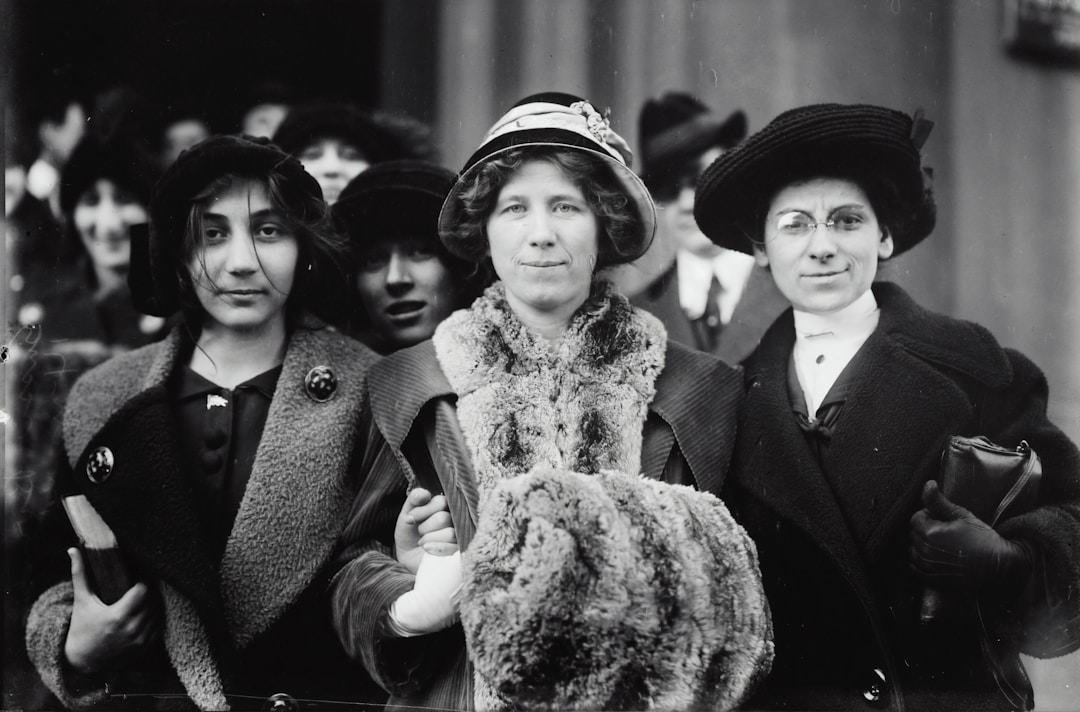While it’s a perfectly normal life phase, menopause can be complicated and tricky to navigate for many women. Comparable to puberty, menopause is often underestimated and can mean serious night sweats, mood swings, hot flashes, hormonal changes, and more. If you’ve just entered menopause or will soon, one way to help track the symptoms of menopause to make the menopause transition easier could be the use of a menopause tracker. To learn how a menopause or period tracker could help, read on.
Monitoring Symptoms

Throughout history, women haven’t had the benefit of technology to make it through menopause. Instead of being able to use a menopause tracker, advice from an online blog or support group, or even Facetiming a friend, women had to get through mood changes and other symptoms alone or with the help of postmenopausal women who might offer up suggestions. The great news is that technology means a myriad of options when it comes to managing this normal time of life.
For women in menopause, menopause trackers can be used to keep a digital menstrual calendar, compare their symptoms to those of other menopausal women, and a way to track health concerns like fatigue for doctors. Able to be used to jot down personal notes, these trackers are handy in reminding women to get regular exercise, eat healthily, and can play an important role in bone health and preventing brain fog.
Trackers as Resources

Many women aren’t aware that a menopause tracker app can even offer resources on things like hormone replacement therapies, the next stages of menopause or symptoms, and the average age of certain symptoms. Menopause trackers can work to put women in touch with support groups and online reading material, track medications, and offer suggestions about midlife lifestyle changes, too.
Identifying Triggers

One of the best reasons to get a menopause tracker app is because these handy tools mean the ability to spot patterns to help you identify triggers. Maybe you’re someone who only has hot flashes while you’re driving or at work. Maybe your night sweats come on only in certain months or climates. Perhaps you only have symptoms when you forget your progesterone or hormone replacement therapy treatment. Knowing these things and having the ability to track them in one place can be critical to women’s health. Especially for women with more serious symptoms of other medical conditions, the ability to identify triggers can be important.
Using Trackers for Support and More

Some women would argue that the best part of a menopause tracker app is that it can put you in touch with women around the world experiencing the same symptoms you are. Whether you’re curious about how another woman your age managed her perimenopause symptoms or aren’t sure how to get through yours, online support groups and blogs can be helpful in making decisions about estrogen pills, general gynecology questions around vaginal dryness, and more. Because groups are so supportive, some women even stick around in forums when they, themselves are postmenopausal in order to encourage other women that they will get to the next stage of life just fine.
At the end of the day, you will get through the cramps, mood swings, weight gain, and changes that come with normal menopause symptoms the same way you did puberty or maybe even pregnancy. With the help of a menopause tracker to monitor symptoms, identify triggers, and locate resources, you’ll be in the best position to understand not only your treatment options but that you’re not alone. Hang in there. There is an amazing life to look forward to both during and after menopause!




















